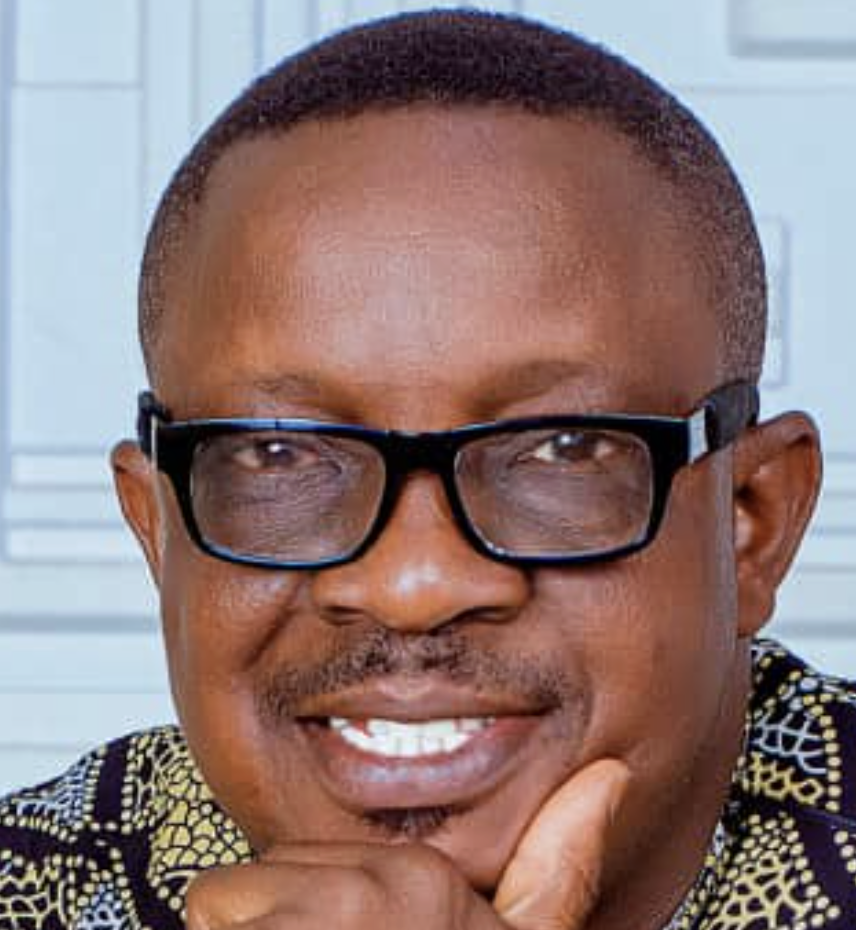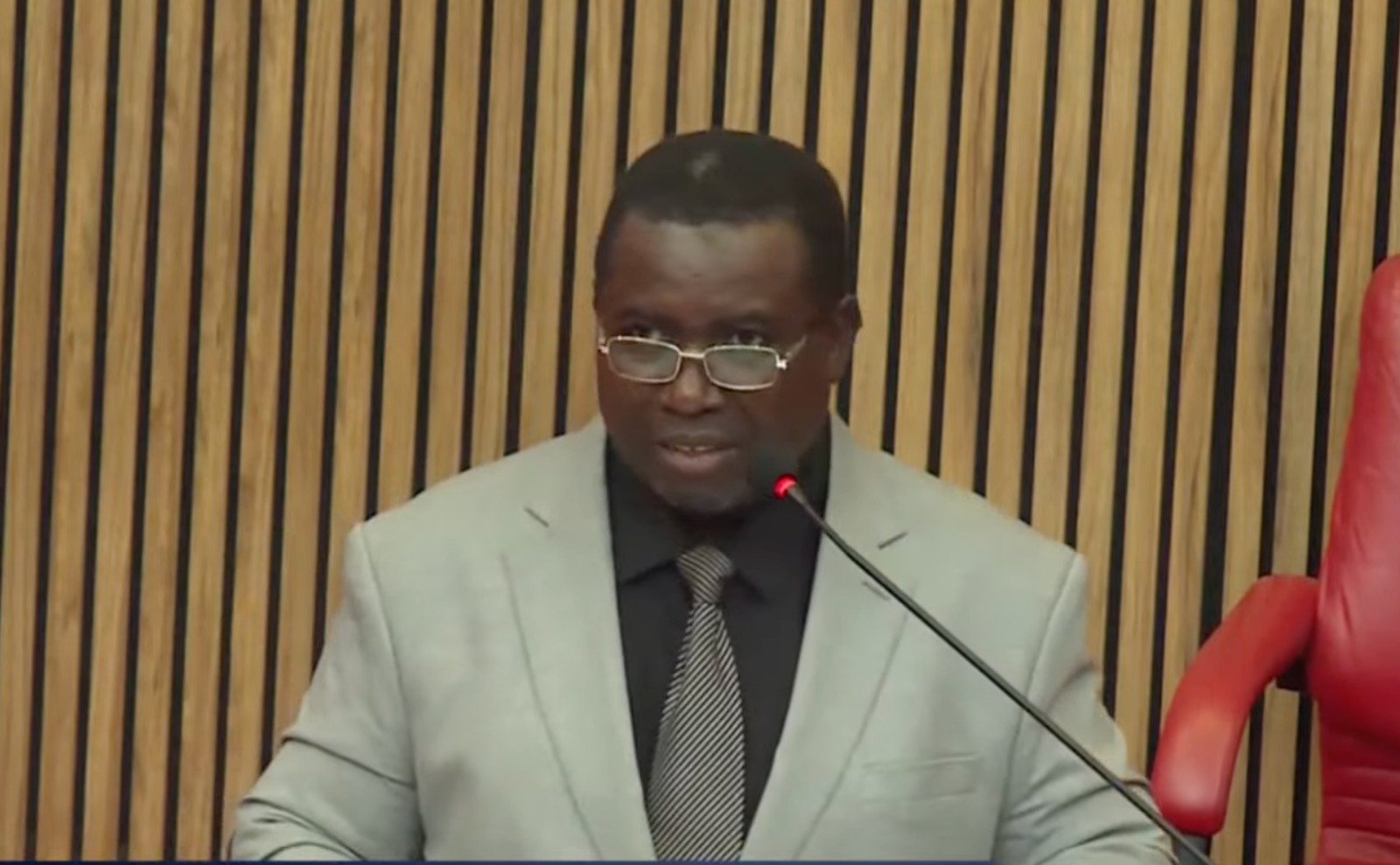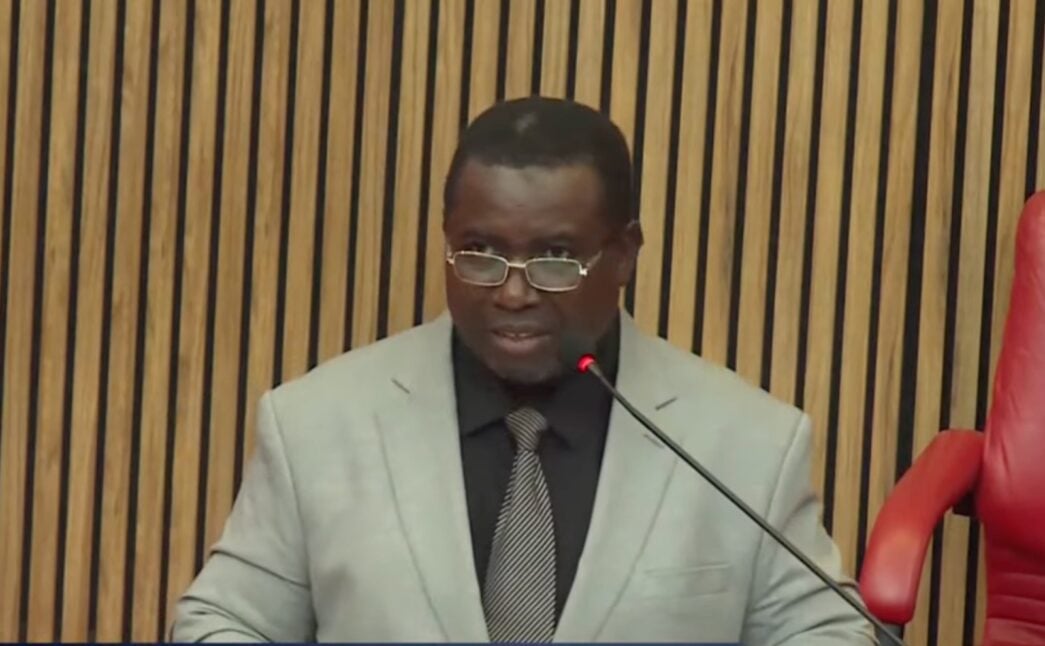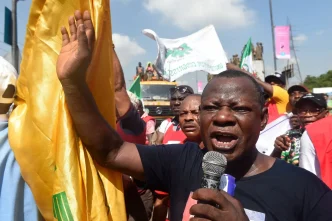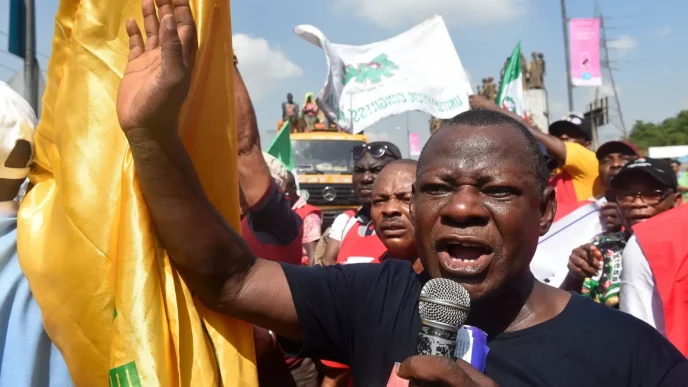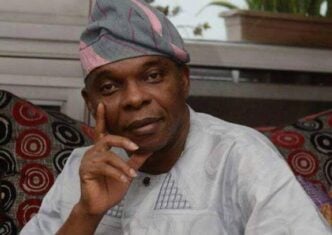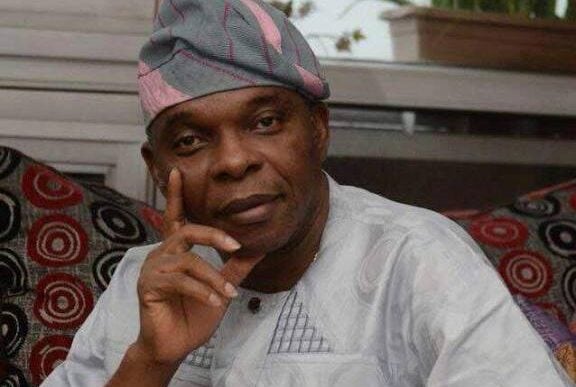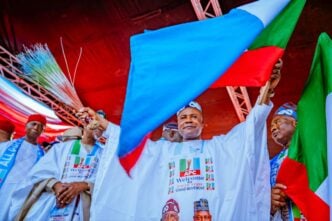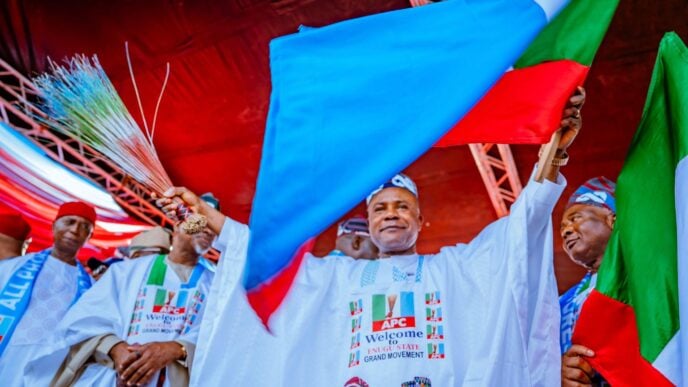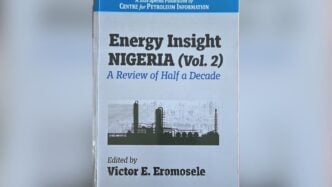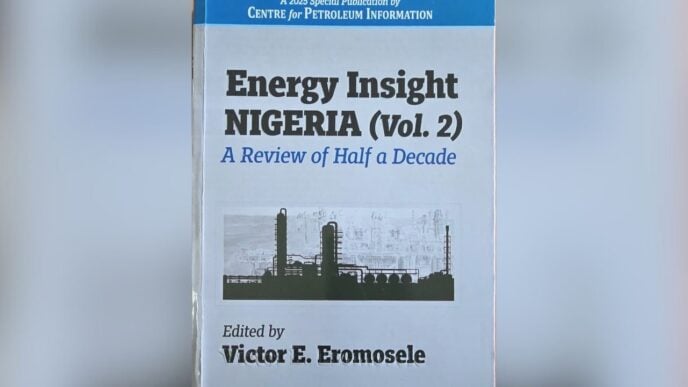In Nigeria’s political history, few appointments attract as much scrutiny, suspicion, and controversy as that of the Chairman of the Independent National Electoral Commission (INEC) — or its predecessors, the Federal Electoral Commission (FEDECO) and the National Electoral Commission (NEC). Since the return to civil rule in 1979, the pattern has been strikingly consistent: every new electoral chairman is accused of bias, political alignment, or hidden agenda, often before taking office.
This recurring skepticism—usually led by opposition voices and sections of civil society—has become a recurring decimal in Nigeria’s democratic evolution. During the FEDECO Years (1979–1983), Chief Michael Ani was appointed Chairman in preparation for the 1979 transition to civilian rule. Segments of the political class accused him of being too close to the military regime of General Olusegun Obasanjo, fearing FEDECO would tilt the process toward a preferred candidate.
The Pattern Continues
During the NEC era, Professor Humphrey Nwosu faced early doubts when he took charge in 1989. Despite conducting Nigeria’s freest and fairest election in 1993, suspicions lingered. In 1999, Justice Ephraim Akpata was appointed to oversee Nigeria’s return to democracy, facing similar accusations. Despite delivering the 1999 elections, his personal integrity remained untainted.
Advertisement
Professors Maurice Iwu, Attahiru Jega, and Mahmood Yakubu also faced challenges. Iwu faced backlash over alleged PDP loyalty, Jega was questioned for his northern origin, and Yakubu faced objections over possible APC alignment. Despite controversies, each contributed to Nigeria’s electoral process.
The Cycle of Distrust
The latest appointment of Prof. Joash Amupitan has drawn similar allegations. Civil society and opposition voices appear to be operating from a predictable template of distrust. While vigilance is necessary, reflexive suspicion without evidence risks undermining institutions and morale. True democratic maturity demands measured scrutiny, not automatic suspicion. Until Nigeria breaks this cycle of cynicism, every new INEC chairman will remain trapped in inherited distrust.
Advertisement
Views expressed by contributors are strictly personal and not of TheCable.
